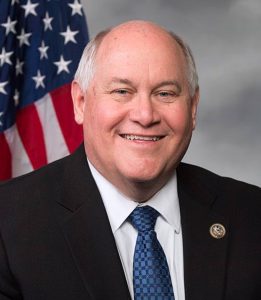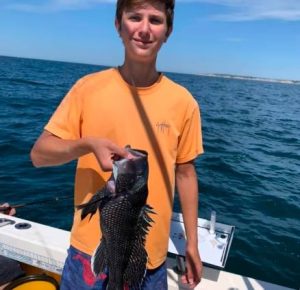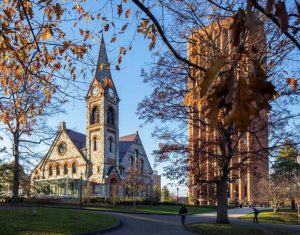On Monday, a 21-year-old congressional intern named Eric Tarpinian-Jachym of Massachusetts was killed in a shooting in Washington, D.C. Police believe it was a dreadful incident of being at the wrong place at the wrong time. Eric was a junior at the University of Massachusetts Amherst. He arrived in the capitol to pursue his dream of serving in the public sector and this summer he was an intern in the office of Kansas Congressman Ron Estes. His life was ended by gunfire outside the Walter E. Washington Convention Center shortly after 10:30 p.m. Tuesday, July 1. Police claimed that Eric was hit by bullets that were intended to kill another person in a mindless act of violence that injured a 16-year-old boy and a grown-up woman. They did it. Eric didn’t.

The cops found him unresponsive and had to take him to a neighboring hospital, where he died. The police have not detained anyone, and the motivation for the crime is still not clear. The next day, the Metropolitan Police Department said Eric had died and offered a $25,000 reward for information that leads to an arrest and conviction. They still don’t know who did it. The murder of a young man who had so much potential and optimism has left the neighborhood in shock. The authorities are still looking into what happened during the shooting.

Eric was born in Granby, a small town in Massachusetts. He studied finance as his main subject and political science as a minor. People who knew him well claimed he was very dedicated to helping others and wanted to make the country better through laws and civic engagement. People in Washington who went to school with him and worked with him could tell how dedicated he was. Congressman Estes, who was clearly agitated, said that Eric was usually pleasant and friendly and smiled at everyone who walked into the office. “We thank Eric for his service to the 4th District of Kansas and the whole country,” Estes said.

People in Massachusetts and other places have been affected by his death. Richard Neal, a U.S. Representative and teacher at UMass where Eric was a student, was directly tied to the school where the incident transpired. He stated it hurt his heart. Neal noted that Eric was a good student who studied hard, made progress, and was a nice citizen. He then said that Eric was the best example of what the university was all about. He said, “Any parent will tell you that losing a child is the worst pain there is.” He realized how hard it was for Eric’s family to deal with losing him.

Since the assault, a lot of people have paid their respects to the victims on social media and in the news. Friends, professors, and coworkers who know Eric have remarked that he is smart, hardworking, and kind. He was a young man who not only wanted to make a difference, but he had already done things that would assist him do so. His leadership and kindness give us hope for a better future, which makes us think about what we lost. His death raises attention to a broader problem in the city: gun violence is on the rise and keeps killing innocent people.

Eric’s story is more than simply a number. It is a terrible reminder of how fragile life is and how violence can happen at any time in American cities, taking away the brightest lights of families and communities. The worst part of this tragedy is that it was completely random. A young man with a bright future ahead of him was caught up in a war that he had nothing to do with. His family and friends, as well as those who understood what he stood for, are deeply hurt and will be for a long time.
As the police look for justice, more and more individuals are having concerns. What does it mean for the protection of the people when a congressional intern is shot and killed in a public place? What can we do to make sure that young people like Eric, who have a lot of potential, don’t die too soon? As the family attempts to make sense of the unthinkable and the community mourns, the call for real, permanent change gets a little louder.

People will remember Eric Tarpinian-Jachym not only for what he did in his short life but also for the spirit of service that he had. His death is a tragedy for him and a loss for the country he wanted to serve. His friends and family are holding on to his memory and the hope that something good, like reform or more awareness, may come out of this pointless death.
